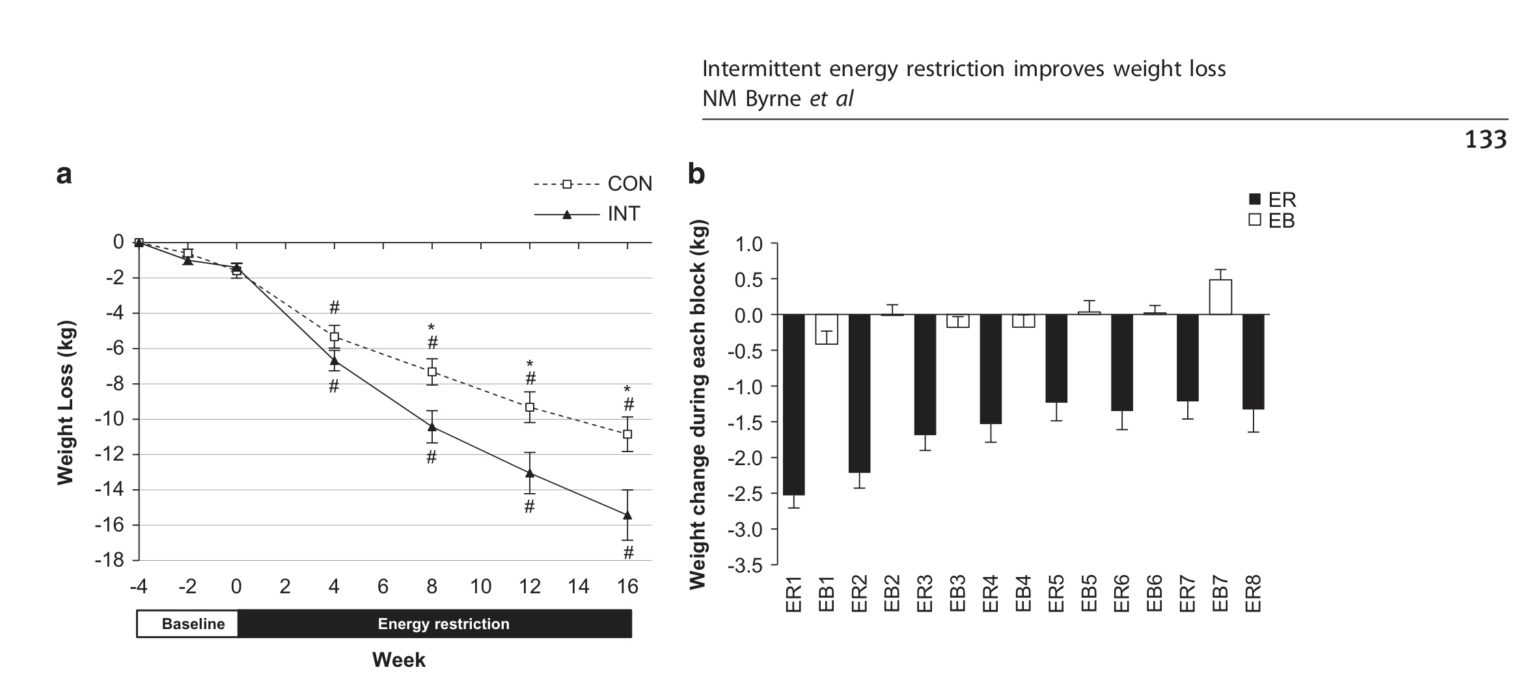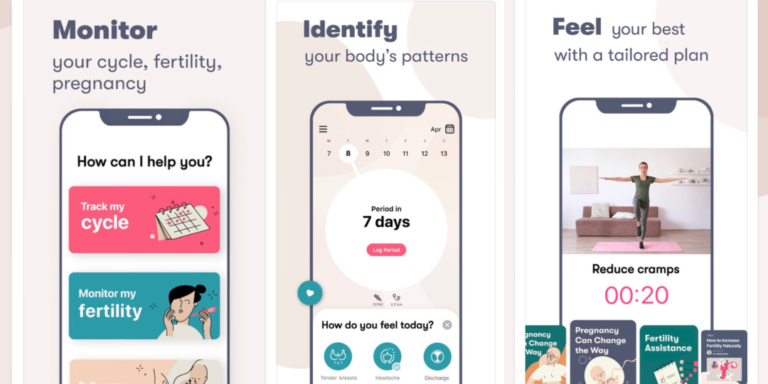HOW TO AVOID WEIGHT LOSS PLATEAU. SCIENCE BASED.
We all know the story, you start a “diet”, you’re losing weight, you’re excited and for no reason the weight loss suddenly stops, despite you doing everything as before. Some decide to up their restrictions and carry on, others feel disheartened and quit. What if there was a science based strategy proven to avoid weight loss plateau and not only that, but you could end up losing more weight than anticipated.
This post is based on a 2018 study published in the International Journal of Obesity.
THIS IS FOR YOU IF:
you’ve just started your weight loss journey
you’ve been losing weight but suddenly the weight loss stopped
you’re already doing everything you can but not losing weight
you’ve been dieting for quite some time and not losing weight anymore
you feel you’re already restricting too much but the weight loss doesn’t reflect that

THE DREADED PLATEAU
As you know, losing weight goes against your body’s protective mechanism. Your body is designed to store energy for survival which is why, from an evolutionary standpoint, if you find it easy to gain weight, congratulations you are built to survive! Unfortunately too much of stored energy is also linked with countless diseases and problems hence why we must regulate how much stored energy aka fat is safe for us to carry.
When we restrict food intake, we lose weight. It’s that simple, at least at the beginning. However, our bodies are so smart that when they realise you’re using up their precious storage, your body will always decrease its resting metabolic rate. In other words, it will slow down, it will start using up less energy to function. This is called ‘adaptive thermogenesis’ which ultimately makes weight loss harder. Your body will always adapt to changes, which is why people who restrict calories end up with a very small number in order to keep losing weight.
To be fair, your weight loss will slow down no matter what method of restriction you use.
But what if there was a way to outsmart your body and not allow it to adapt.
Well, the following study seems to have the solution.
THE STUDY
In the following study, published in the International Journal for Obesity, 47 obese men were assigned to a 16 week diet with their calorie intake reduced by 33% of their maintenance. These men were divided into 2 groups;
- group 1 carried on with the diet continuously over the 4 month period and
- group 2 was cycling between periods of dieting (energy restriction) and periods of maintenance. This was done in intervals of 2 weeks; 2 weeks of calorie restriction followed by 2 weeks of maintenance calories (no dieting). They did this type of cycling for a period of 30 weeks so that overall they end up with 16 weeks of dieting just as the group 1.
The results were rather striking; The difference in weight loss between the 2 groups was 5 kg (11 lbs). To be precise:
- group 2, which was taking 2 weeks off after each 2 week period of dieting, lost on average 14.1 kg (31 lbs)
- group 1, which dieted for 16 weeks continuously, lost 9.1 kg (20 lbs).
What’s even more interesting is that in a 6-month follow-up, the average fat mass lost was significantly greater in the group which cycled their diet as opposed to the group which dieted without a break. The continuous dieters measured 6.6 kg (14.5 lbs) of fat mass lost and the group which took breaks measured 12.3 kg (27.1 lbs), which is twice as much.
(..) although both groups regained weight post-intervention, weight loss was on average, 8.1 kg (17.8 lbs) greater in the INT (group 2) than CON group (group 1) at the 6-month follow-up.”
What the study shows, is that if you restrict food intake for 2 weeks and then follow it up with 2 weeks of maintenance (not restricting but also not overeating) your body will not have a chance to adapt to the restriction and you will maintain your weight loss. According to the study, you are bound to lose significantly more weight overall if you cycle periods of energy restriction with periods of maintenance. You should keep losing weight steadily over a period of 6 months (the duration of the study) and potentially end up with 58% greater weight loss than if you tried restricting every day continuously.
On top of that, having a two week break from restricting sounds like a recipe for longevity. It will make it easier to adhere to the restriction if it is only 2 weeks at the time. Many “dieters” end up cheating on their diet and keep starting over and over again. The cycling strategy seems much less mentally exhausting.

HOW TO APPLY IT
1. IF YOU COUNT CALORIES
find out your maintenance calorie intake. Let’s say it is 2000 calories for example, then deduct 33% which is 660 calories. Your plan would be; 2 weeks eating 2000 calories followed by 2 weeks of eating 1340 calorie (2000 – 660= 1340). Then back to 2000 calories for 2 weeks. Repeat this pattern for 6 months and you should lose a significant amount of weight without hitting the dreaded weight loss plateau.
2. IF YOU DON’T COUNT CALORIES
I believe this can still be done even if you don’t want to count calories. You will just have to be very aware and mindful of your eating. If you’re currently restricting energy intake by skipping a meal, add that meal for your maintenance week. The extra meal should only be roughly a third of your normal eating which can be anything between 400-600 kcal depending on your size. The added meal could be, for example: full fat greek yogurt with some fruit, some eggs with avocado, or a big salad with olives, nuts and some protein. Consider creating a meal that would fit the extra calories and then repeat adding or skipping that same meal in 2 week intervals. That way you have a constant and you can’t mess it up.
If you’re on a ketogenic diet, it could literally just be adding a cup of bulletproof coffee, which can contain up to 400 calories. For 2 weeks you drink it daily and for the following two weeks you switch back to plain black coffee.
3. WITH INTERMITTENT FASTING
if you’re fasting try reducing your fasting hours for 2 weeks. Still maintain a minimum of 12 hours of fasting or more depending on your current routine. Remember, the difference between 2 weeks of cycling is only 33% of calories. If you’re doing OMAD and for 2 weeks you decide to eat “normal” 3 meals and snacks you risk gaining weight. You might only need to add an extra meal for your lunch and switch to TMAD for 2 weeks. Cycle OMAD with TMAD in 2 week intervals. If you don’t want to change your fasting protocol, try adding an extra meal within your eating window for your 2 weeks of maintenance calories, then cut it out for the following 2 weeks.

I appreciate that it may be scary for some to consider this, especially if you’re trying to lose weight, the idea of taking a break may sound counter productive. You will not gain weight if you only eat your maintenance and overall you’re likely end up with much higher fat loss if we go by the study results. You will also be able to maintain this routine long term. If you’re struggling with weight loss or sticking with your plan then give this strategy a go, you have nothing to lose except excess weight.
Hope this was helpful to you xox







